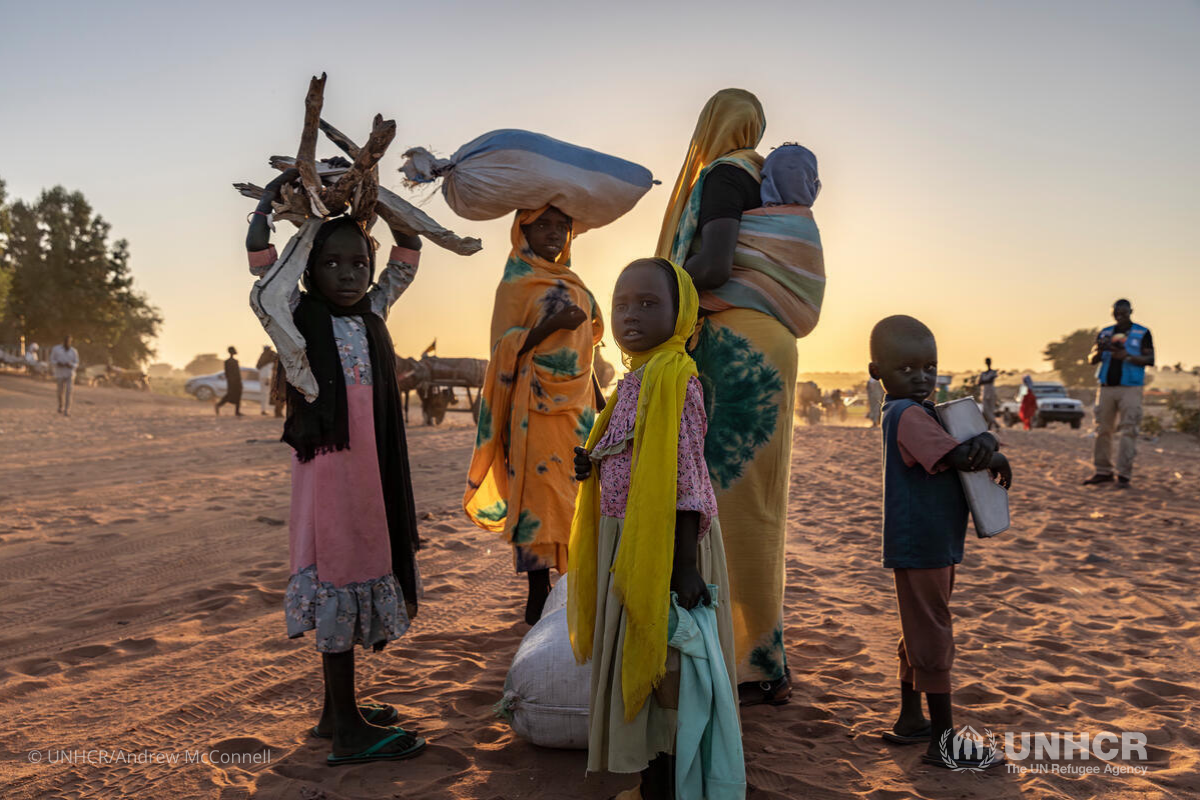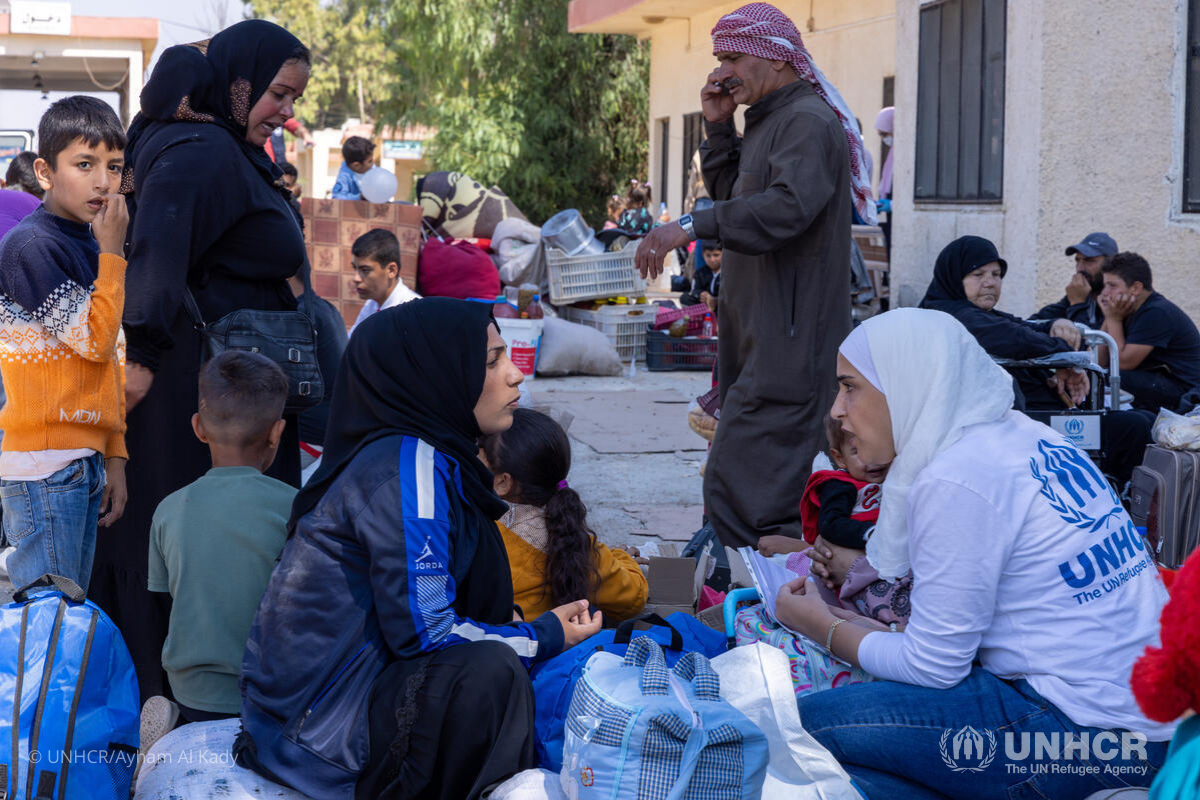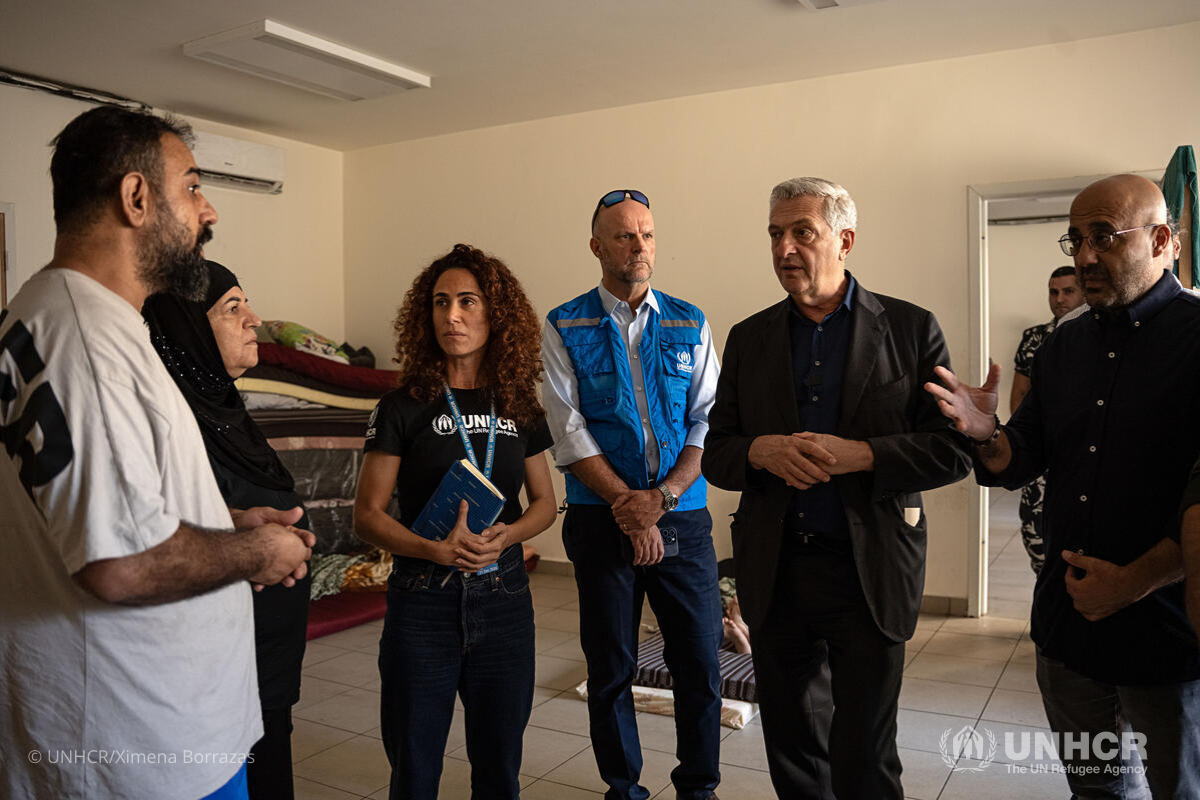What is happening in Lebanon?
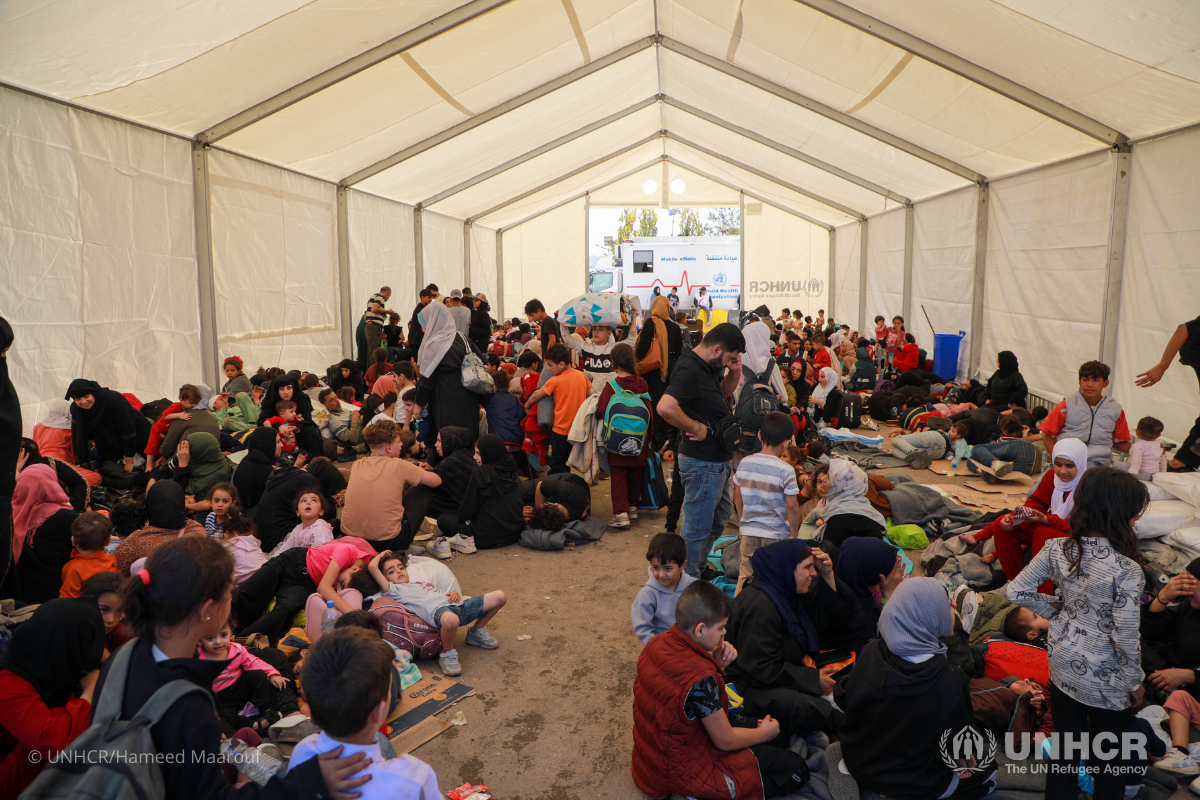
Lebanon is facing its worst socio-economic crisis in decades, and vulnerable populations have been affected by a sharp increase in poverty, gaps in critical supply chains and limited access to food, healthcare, education and other basic services. More than half of the Lebanese population lives below the poverty line, while 9 out of 10 Syrian refugees living in the country require humanitarian assistance to meet their basic needs.
Amid this deepening crisis, recent attacks across Lebanon are having devastating consequences for Lebanese and refugees living in the country. Here’s what you need to know about what’s happening in the country and how you can help.
1. What is happening in Lebanon?
The latest escalation of violence in Lebanon has claimed thousands of innocent lives and forced hundreds of thousands to flee their homes. On September 23, 2024, a wave of Israeli airstrikes struck southern and eastern Lebanon, bordering Syria. The bombings across Lebanon have struck dozens of towns, including South Lebanon, Bekaa and Beirut’s southern suburbs. The streets of Beirut, the capital of Lebanon, are filled with people struggling to find safe shelter for their families.
More than one million people in Lebanon are now in urgent need of humanitarian assistance as the crisis continues to escalate. The recent escalation mark the most intense attacks on Lebanon in the last two decades.
2. Who is being affected by the situation in Lebanon?
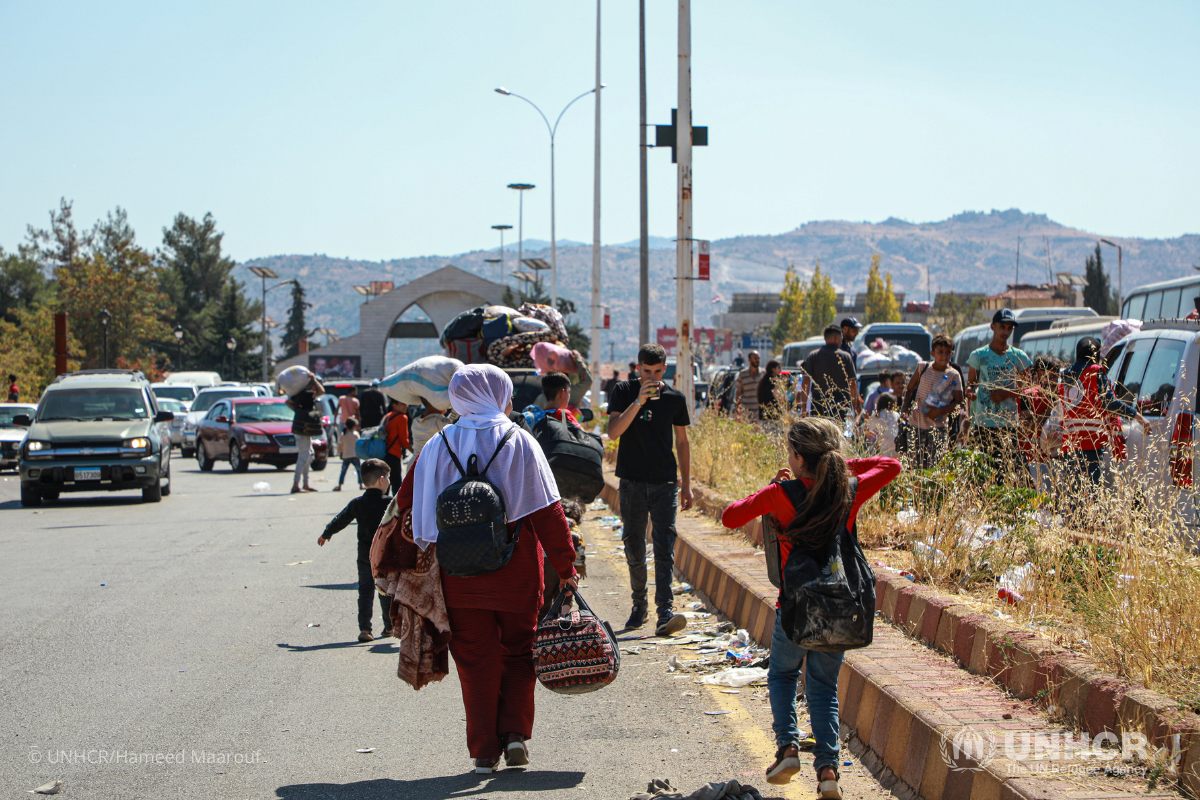
At least 1.3 million people in Lebanon have been displaced, with many forced to flee their homes with nothing but the clothes on their backs. More than 562,000 people have crossed from Lebanon into Syria since the escalation of hostilities—63 percent of the displaced are Syrians and 37 percent are Lebanese or other nationals. Most of those who are fleeing into Syria are women and children, and more than half are children.
The latest escalation of violence has had deadly consequences for both Lebanese and Syrian refugees living in Lebanon. According to Lebanon’s Ministry of Public Health, more than 3,768
people have been killed and 15,699 people have been wounded. As of November, 899,725
people are internally displaced, many of whom have been displaced multiple times since October 2023.
Among the victims of the recent escalation in violence were Dina Darwiche and Ali Basma, two UNHCR staff members in Lebanon who lost their lives during the initial attacks on September 23.
3. How are these attacks impacting refugees in Lebanon?
Lebanon has the highest number of refugees per capita, hosting an estimated 1.5 million Syrian refugees and more than 11,000 refugees from other countries. While there has been an increase in border crossings from Lebanon to Syria, most displaced individuals remain inside Lebanon.
Refugees who fled their homeland in search of safety and security are now facing the reality of being displaced once again due to ongoing hostilities. More than 90,000 refugees have been displaced a second time, 99 percent of whom are Syrian refugees. The threat of double displacement is exacerbating existing vulnerabilities, as even before these latest attacks, a staggering 9 out of 10 Syrian refugees required humanitarian assistance to meet their basic needs. Some Syrians have been turned away by shelters hosting displaced people or forced to sleep in the open.
“It is yet another ordeal for families who previously fled war in Syria only now to be bombed in the country where they sought shelter. We must avoid replaying these scenes of despair and devastation,” said Filippo Grandi, UN High Commissioner for Refugees.
4. What is UNHCR doing to support people in Lebanon?
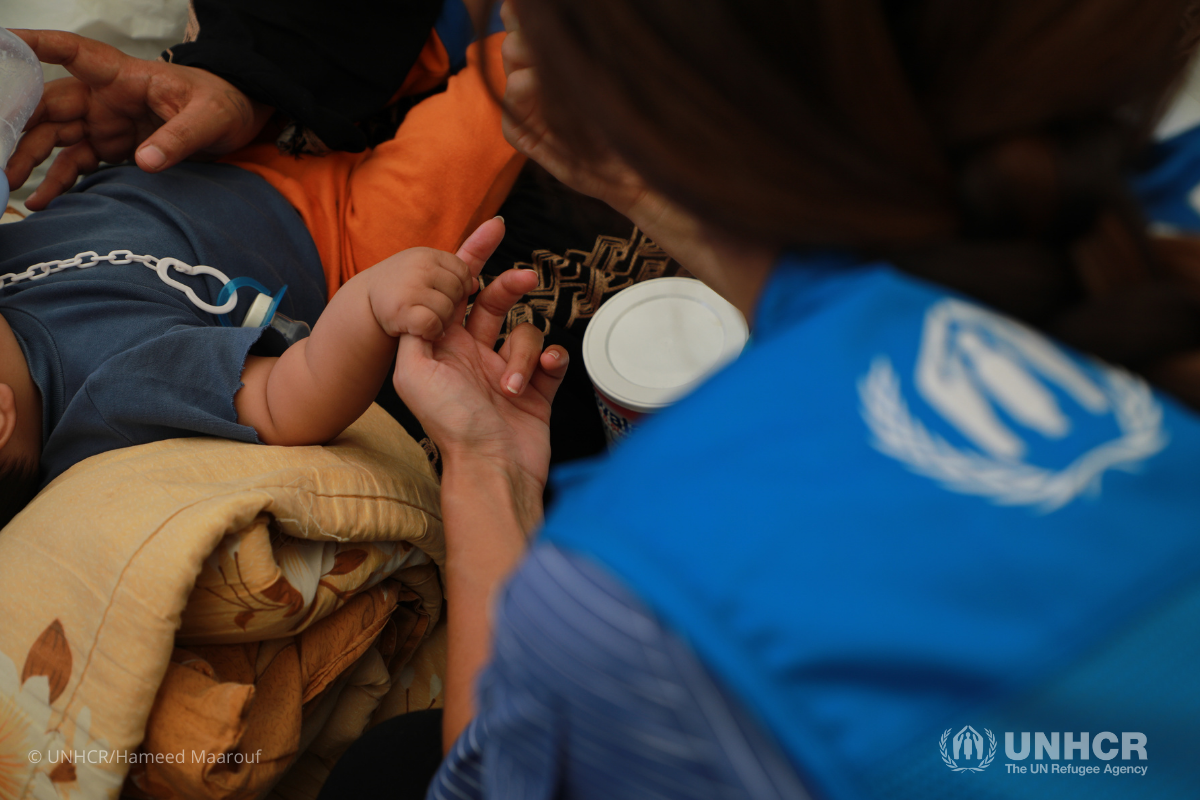
UNHCR and partners, including the Syrian Arab Red Crescent, are present at the five main Syrian border crossing points, providing safe shelters, core relief items (mattresses, blankets, sleeping mats, kitchen sets, water cans and solar lamps), healthcare, cash assistance and protection services.
UNHCR and its partners already have substantial structures to support returning Syrians and other groups in need. These include 114 community centers across Syria that provide a wide range of services including psychosocial support, child and gender-based protection, specific programs for the elderly and people with disabilities, shelter repair and more. These structures are being expanded to support and assist Lebanese refugees.
5. How can you help?
UNHCR, the UN Refugee Agency, has been on the ground providing essential relief to both Lebanese citizens and refugees, including core relief items, cash assistance, safe shelters and psychosocial support. UNHCR is rapidly scaling up efforts, but more help is urgently needed. Your compassionate gift today will provide the relief that comes in knowing they are not alone.
